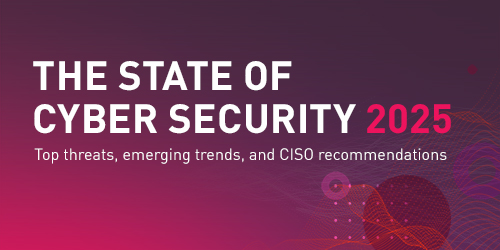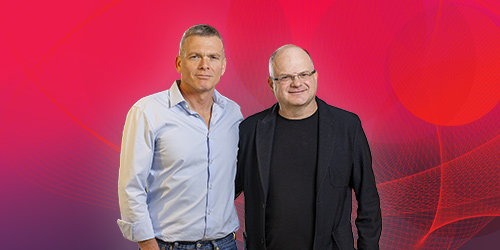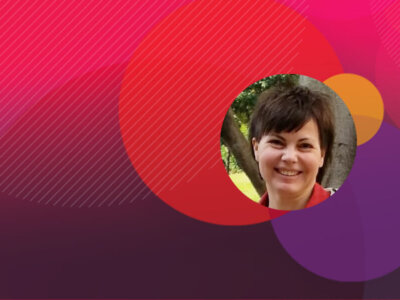
Hispanic Heritage Month: Roberto Galindo
In celebration of Hispanic Heritage Month, observed from September 15 to October 15, Check Point honors the history, traditions, and cultural diversity of the Hispanic and Latino community.
We sat down with Roberto Galindo, Security Engineer, SLED, to learn about his story and what this month means to him.
Can you give us some background on your family heritage?
I am from Santa Cruz de la Sierra, Bolivia. This region is well known for having roots in Latin American and Spanish history and reflects the blending of colonial and indigenous heritage. Agriculture, especially in cattle ranching and farming, has long been central to family life. Therefore, we have also established a well-known family tradition of getting together on Sundays to cook and enjoy quality family time. Bolivia’s landscape is incredibly diverse, with half of the country situated in the Andes Mountains and the other half in the Amazon Rainforest, which is where Santa Cruz is located.
What does Hispanic Heritage Month mean to you?
Hispanic Heritage Month is a time to reflect on and celebrate the contributions of the Hispanic community globally. It is an opportunity to honor the diverse cultures, histories and stories of people from Latin America, including Bolivia. It’s a reminder of the importance of identity, culture, and how they shape who we are.
How has your culture shaped who you are today?
Growing up in Bolivia instilled in me strong values around family, tradition, respect, and community. My culture taught me to value hard work and perseverance, traits that have helped me succeed in my career. It has also given me a deep appreciation for diversity and inclusivity, which shapes the way I approach challenges and collaborate with others, both personally and professionally.
How do you honor your heritage and culture inside and outside of work?
I honor my heritage by staying connected to my roots, whether it’s through speaking Spanish with my family, sharing Bolivian customs and traditions with my children, or preparing traditional Bolivian dishes. Professionally, I aim to bring a diverse perspective to the teams I work with by advocating for inclusivity and cultural understanding.
Outside of work, I engage with local Hispanic communities, participate in cultural events, and ensure my children appreciate their cultural background. I also enjoy participating in festivals, where we share our cultures and learn from others.
What advice would you give to young Hispanic professionals?
Stay authentic and share your background and traditions. Sharing your culture encourages others to do the same, fostering an exchange of ideas, traditions, and experiences. I have always enjoyed speaking Spanish in professional settings. Even when I primarily speak English, people are often interested in my accent, which opens opportunities for meaningful conversations. Don’t be ashamed of having a non-English accent – it can create new opportunities.









